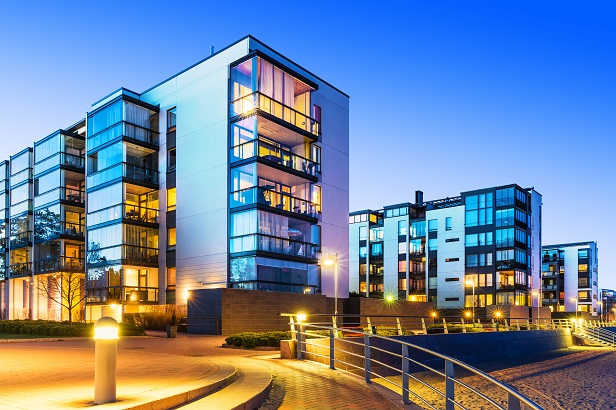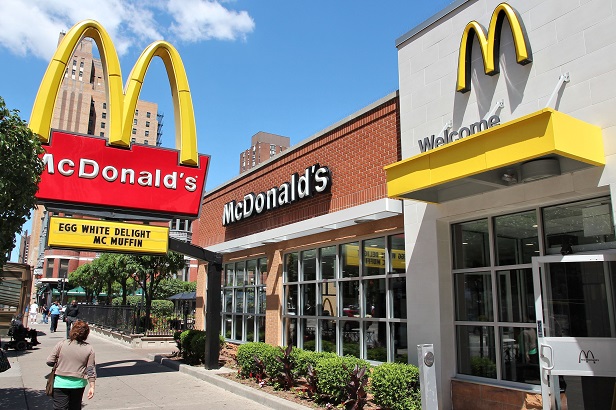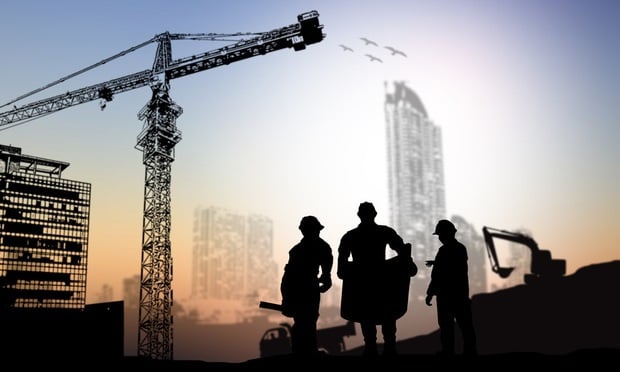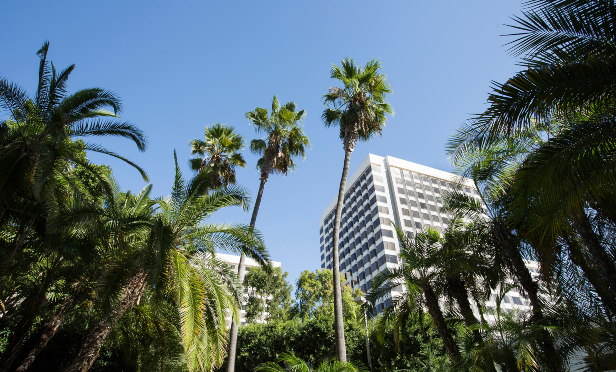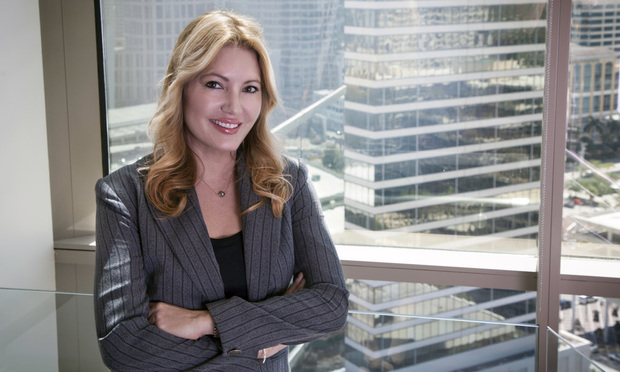 Donna DiMaggio Berger of Becker Law in Fort Lauderdale.
Donna DiMaggio Berger of Becker Law in Fort Lauderdale.With the number of cases of COVID-19 increasing in Florida and Gov. Ron DeSantis declaring a state of emergency, proactive community association boards and their management professionals are thinking about how this virus might impact their residential communities and what can be done to blunt the impact.
There is an increased risk of contracting COVID-19 for health care workers, individuals with respiratory and other underlying health issues, as well as the elderly. Given the demographics in many shared ownership communities and particularly in "55 and over" communities, questions are already flowing in about what boards can and cannot do to minimize the risks COVID-19 poses.
Here is a sampling of some of those questions:
- Can we prohibit guests from entering the community?
You can suggest that your members voluntarily reduce the number of guests they invite into the community but prohibiting guests altogether is not a viable option at this point. However, if your community's governing documents prohibit short-term rentals and you are aware that some owners are violating these restrictions under the guise of having nonpaying guests when they are really renting out their units on platforms like Airbnb, then working with counsel to curb this activity should be a priority.
- Can we prohibit owners from undertaking renovation projects so we can prevent contractors and other nonessential workers from entering the property?
Overly restrictive protocol that unnecessarily impacts your residents' freedoms and quality of life is not likely to withstand a potential legal challenge and also creates an unnecessary strain in your community.
Prohibiting owners from undertaking renovation projects is not warranted at this time. Education is the better course of action. Advise your residents to be mindful of preventative measures and advise association employees that if they are feeling ill they must stay home and should obtain a doctor's letter clearing them for work before returning.
It is also important to remember that not every private residential community will be impacted in the same way by the spread of COVID-19. In multifamily buildings where residents encounter each other frequently in the elevators, corridors and other common areas, the need to address preventative measures is much more pressing than in an HOA with single family homes and no enclosed common areas.
- Can we prevent residents we know have traveled to any high-risk areas (China, South Korea, Iran and Italy) from returning to their units?
No, you cannot prevent certain residents from returning to their homes. If you wish to minimize the spread of COVID-19 or the flu, use your communication channels to remind your residents to wash their hands frequently.
You may also wish to place hand sanitizer stations in high traffic areas in the community and implement heightened hygiene practices in areas such as the fitness room. Let your residents know that if they are feeling ill or have any questions or concerns they can contact the Florida Department of Health's 24-hour hotline that can be reached at 1-866-779-6121.
- Can we ask potential purchasers and potential renters if they have traveled to any high-risk areas?
Even if a potential purchaser or potential renter has recently traveled to a high-risk area, that information does not permit the board to safely deny the application. Asking such questions can have a chilling impact on the proposed transaction thereby exposing the association to a tortious interference with a business relationship claim. Speak to association counsel before revising your application forms or asking intrusive questions during your interviews.
- Does the state of emergency mean the board now has emergency statutory powers?
Speak to association counsel about the applicability of emergency powers now that the governor has declared a state of emergency in Florida. Don't assume that this means that your board can utilize the same emergency powers that are activated in response to damage caused by an event for which a state of emergency is declared.
The emergency powers granted under Chapters 718, 719 and 720 of the Florida Statutes were designed to assist boards in the aftermath of a windstorm or other casualty event—using them for a medical emergency would be a novel approach.
- Should we stop holding meetings?
The board must continue to operate and administer the community's affairs and holding regular meetings is a large part of that function. Many boards regularly experience poor attendance at their meetings so there is little reason to be concerned about holding meetings unless you know that you have an active infection in your community. However, if your meetings are well attended, setting up an alternate format that allows attendance without all congregating in one room should be considered.
Boards that are concerned about meetings can certainly use technology such as in-house cable channels, videoconferencing, Skype or meeting apps to allow residents to view their meetings from the privacy of their homes. Directors can also attend meetings via speakerphone. Lastly, make sure you have updated emergency contact information for all owners including any residents who may be particularly vulnerable.
COVID-19 is the latest challenge to hit our shores and given the overall concern about this virus, caution and prudence are certainly warranted.
Donna DiMaggio Berger is a Florida Bar board-certified specialist in condominium and planned development law. She is a shareholder at Becker Law in Fort Lauderdale and executive director of the Community Association Leadership Lobby. Contact her at [email protected].


